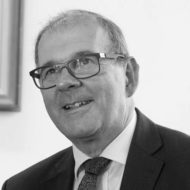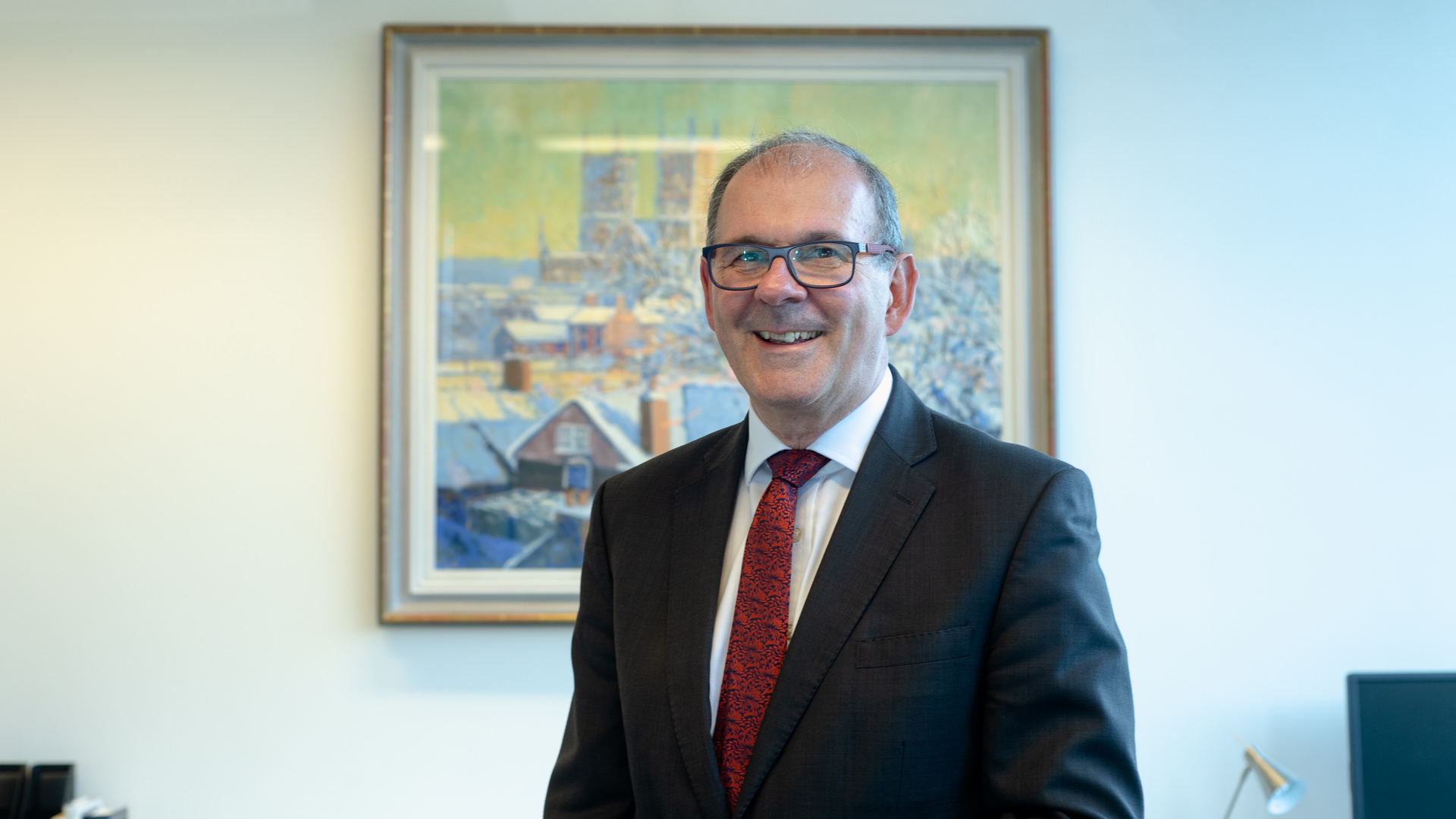For many, the start of a new year signals an opportunity for new beginnings. We look on in anticipation, and dare I say optimism for the year ahead. I, for one, am excited for 2022 and beyond.
Later this month, I will be officiating at my first graduation ceremonies as Vice Chancellor at the University of Lincoln. I am truly honoured to be involved – graduation is not simply a formal tradition, but the celebration of an academic journey and a real milestone in any student’s life. It is a recognition of all they have achieved and marks a new beginning for them. I am looking forward to the ceremonies in the magnificent cathedral. It is one of the few places of sufficient grandeur in the UK that matches the scale of our graduates’ achievements.
These new graduates will be joining global family of tens of thousands of Lincoln alumni from a vast variety of countries, backgrounds and professions who are all united by a shared experience. These alumni have a rich collection of stories to tell of how being at university, and particularly at Lincoln, has transformed their lives.
Their experiences range from those who were first in their family to go to university, to graduates who have continued their journey with post-graduate study, to people who have spent years in employment before making the decision to go to university and start a new chapter. They are from all walks of life and of all ages and have gone on to do great things and make a real difference to their communities.
Independent research continues to show that being a graduate increases lifetime income and accelerates career progression with respect to those who do not have a degree. Lincoln graduates continue to look forward to better career prospects. However, the nature of careers and patterns of employment over a working life continually change and we prepare our students for that.
As a new resident of our city I continue to learn about its rich history every day. After 11th century heights, Lincoln suffered post the Reformation, only to grow again and accumulate wealth in the agricultural and industrial revolutions. And although the mid-20th century saw a downturn in industry, I believe that we could now be driving new growth for the region through the next industrial and agricultural revolutions.
The Fourth Industrial Revolution is a phrase that encompasses how increased digital interconnectivity and smart automation of the 21st century is changing how products are produced, distributed, used and serviced. There is need to use some of the technology driving the Fourth Industrial Revolution to significantly improve the productivity, efficiency and sustainability in the way our food is grown, harvested, and distributed. This will drive the next agricultural revolution.
Our Schools of Engineering and Computer Science in Lincoln, the Lincoln Institute for Agri-Food Technology at Riseholme, and the National Centre for Food Manufacturing at Holbeach are all providing education through apprenticeships and degrees, driving research, and supporting industry in starting this new revolution. These efforts will result in increased prosperity in Lincolnshire where, as a university, we are already contributing over £430 million a year to the economy.
I’m committed to ensuring the university continues to develop and lead the way in upskilling the region in these areas. We continue to develop new courses that will grow the pipeline of talent. We are working with schools to help them prepare their students for the workforce or for further and higher education and, at the university, we provide short courses for local industry and undergraduate, master’s and doctoral programmes.
If you, or somebody you know is thinking of starting a new chapter in their lives by studying for a degree, I’d implore them to come and visit the university on an open day. It’s a great way to see the huge range opportunities we have available. Beginning on January 22, we will be hosting several postgraduate open days. We know that having a higher-level qualification such as a master’s degree is becoming increasingly important as the UK economy develops post-pandemic, and it can provide people young and older, with an opportunity to get ahead in their chosen profession, or to retrain and begin a new journey.
I feel we can look forward with optimism in 2022, because, and it’s the same thing I will say to our newest graduates celebrating this month, what makes this moment so special is knowing opportunities will only grow from here. The trick will be to make the most of them as they arise.
New Year Honours:
I would like to take this opportunity to congratulate all in our community mentioned in the Queen’s New Years’ honours. A special mention goes to the University’s Chair of the Board of Governors, Diane Lees CBE who has been awarded a Damehood for services to museums and heritage, and former Lincoln student and Paralympic gold medallist Sophie Wells on her OBE for services to equestrianism. I also congratulate our most recent University of Lincoln Honourand, Professor Jonathan Van Tam on his Knighthood for services to public health.






